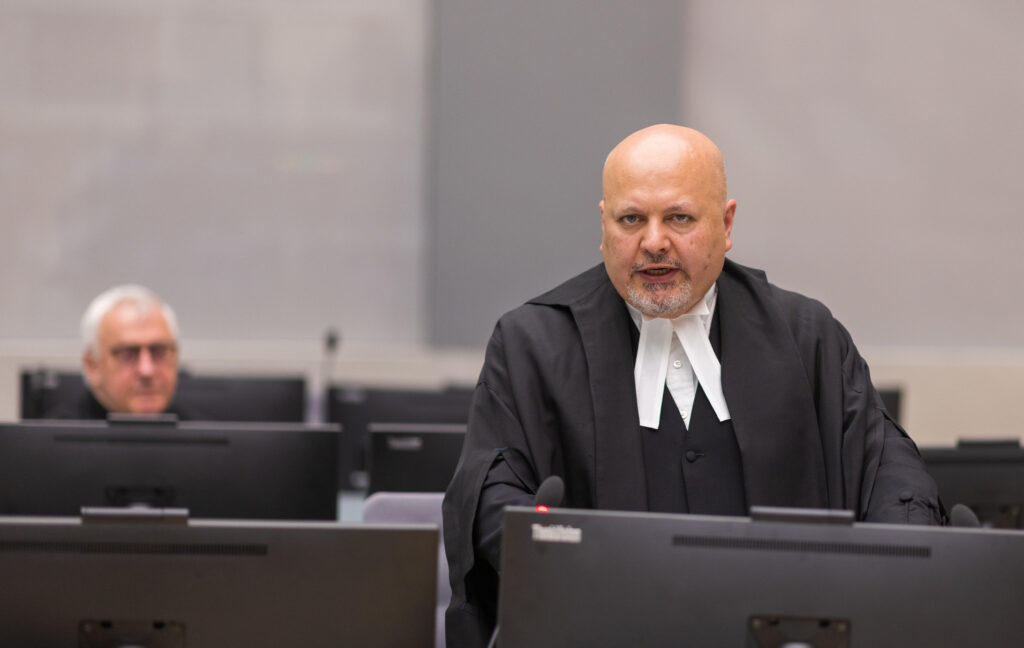A visit to Libya by the International Criminal Court (ICC) prosecutor has reignited hope for long-delayed justice for the victims of a militia that controlled a town during the 2019-2020 battle for Tripoli, the capital, Human Rights Watch said on Sunday.
“If the Libyan authorities cannot bring a measure of domestic accountability for the horrors against the people of Tarhouna, then the ICC prosecutor should investigate the crimes that fall within the court’s jurisdiction,” said Hanan Salah, associate director at Human Rights Watch. “Relatives of the hundreds who were arbitrarily detained and tortured, or disappeared and later found in mass graves are still waiting for justice.”
In November 2022, the ICC prosecutor, Karim Khan, conducted an official mission to Libya. In Tarhouna, he visited prisons previously operated by an armed group known as al-Kaniyat and the sites of mass graves, and met with families of victims of abuses attributed to al-Kaniyat.
The United States, in November 2020, sanctioned Mohamed al-Kani and al-Kaniyat militia under the Global Magnitsky Human Rights Accountability Act for the “killing of civilians, torture, forced disappearances, and displacement of civilians.” Mohamed and Abdulrahim al-Kani are both subject to sanctions by the European Union, since March 2021, for “extrajudicial killings and enforced disappearances between 2015 and June 2020 in Tarhouna.” The United Kingdom, in May 2021, also sanctioned al-Kaniyat militia and their leaders Mohamed and Abdulrahim al-Kani for “enforced disappearances, torture, and the killing of civilians in Libya.”
“Justice for victims in Tarhouna remains elusive as Libyan authorities struggle to gain custody over those responsible for these crimes,” Salah said.
